
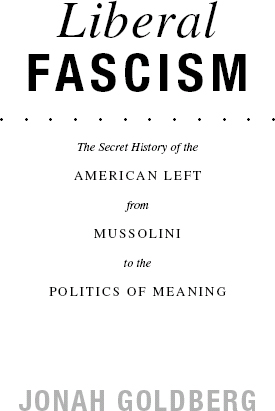
 CONTENTS
CONTENTS 
For Sidney Goldberg, Hop Bird
 INTRODUCTION
INTRODUCTION
Everything You Know About Fascism Is Wrong
George Carlin:and the poor have been systematically looted in this country. The rich have been made richer under this criminal, fascist president and his government. [Applause.] [Cheers.]
Bill Maher: Okay, okay.
James Glassman: You know, GeorgeGeorge, I think you knowdo you know what fascism is?
Carlin: Fascism, when it comes to America
Glassman: Do you know what Nazis are?
Carlin: When fascism comes to America, it will not be in brown and black shirts. It will not be with jack-boots. It will be Nike sneakers and Smiley shirts. Smiley-smiley. FascismGermany lost the Second World War. Fascism won it. Believe me, my friend.
Maher: And actually, fascism is when corporations become the government.
Carlin: Yes.
Outside of a few academic seminars, this is about as intelligent as discussions about fascism get in America. Angry left-wingers shout that all those to their right, particularly corporate fat cats and the politicians who love them, are fascists. Meanwhile, besieged conservatives sit dumbfounded by the nastiness of the slander.
Bill Maher to the contrary, fascism is not when corporations become the government. Ironically, however, George Carlins conclusion is right, though not his reasoning. If fascism does come to America, it will indeed take the form of smiley-face fascismnice fascism. In fact, in many respects fascism not only is here but has been here for nearly a century. For what we call liberalismthe refurbished edifice of American Progressivismis in fact a descendant and manifestation of fascism. This doesnt mean its the same thing as Nazism. Nor is it the twin of Italian Fascism. But Progressivism was a sister movement of fascism, and todays liberalism is the daughter of Progressivism. One could strain the comparison and say that todays liberalism is the well-intentioned niece of European fascism. She is hardly identical to her uglier relations, but she nonetheless carries an embarrassing family resemblance that few will admit to recognizing.
There is no word in the English language that gets thrown around more freely by people who dont know what it means than fascism. Indeed, the more someone uses the word fascist in everyday conversation, the less likely it is that he knows what hes talking about.
You might think that the exception to this rule would be scholars of fascism. But what really distinguishes the scholarly community is its honesty. Not even the professionals have figured out what exactly fascism is. Countless scholarly investigations begin with this pro forma acknowledgment. Such is the welter of divergent opinion surrounding the term, writes Roger Griffin in his introduction to The Nature of Fascism, that it is almost de rigueur to open contributions to the debate on fascism with some such observation.
The few scholars who have ventured their own definitions provide a glimmer of insight as to why consensus is so elusive. Griffin, a contemporary leading light in the field, defines fascism as a genus of political ideology whose mythic core in its various permutations is a palingenetic form of populist ultra-nationalism. Roger Eatwell claims that fascisms essence is a form of thought that preaches the need for social rebirth in order to forge a holistic-national radical Third Way. Emilio Gentile suggests, A mass movement, that combines different classes but is prevalently of the middle classes, which sees itself as having a mission of national regeneration, is in a state of war with its adversaries and seeks a monopoly of power by using terror, parliamentary tactics and compromise to create a new regime, destroying democracy.
While these are perfectly serviceable definitions, what most recommends them over others is that they are short enough to reprint here. For example, the social scientist Ernst Nolte, a key figure in the German historians dispute (Historikerstreit) of the 1980s, has a six-point definition called the Fascist minimum that tries to define fascism by what it opposesthat is, fascism is both anti-liberalism and anti-conservatism. Other definitional constructs are even more convoluted, requiring that contrary evidence be counted as exceptions that prove the rule.
Its an academic version of Heisenbergs uncertainty principle: the more closely you study the subject, the less clearly defined it becomes. The historian R. A. H. Robinson wrote twenty years ago, Although enormous amounts of research time and mental energy have been put into the study of itfascism has remained the great conundrum for students of the twentieth century. Meanwhile, the authors of the Dictionnaire historique des fascismes et du nazisme flatly assert, No universally accepted definition of the fascist phenomenon exists, no consensus, however slight, as to its range, its ideological origins, or the modalities of action which characterize it. Stanley G. Payne, considered by many to be the leading living scholar of fascism, wrote in 1995, At the end of the twentieth century fascism remains probably the vaguest of the major political terms. There are even serious scholars who argue that Nazism wasnt fascist, that fascism doesnt exist at all, or that it is primarily a secular religion (this is my own view). [P]ut simply, writes Gilbert Allardyce, we have agreed to use the word without agreeing on how to define it.
And yet even though scholars admit that the nature of fascism is vague, complicated, and open to wildly divergent interpretations, many modern liberals and leftists act as if they know exactly what fascism is. Whats more, they see it everywhereexcept when they look in the mirror. Indeed, the left wields the term like a cudgel to beat opponents from the public square like seditious pamphleteers. After all, no one has to take a fascist seriously. Youre under no obligation to listen to a fascists arguments or concern yourself with his feelings or rights. Its why Al Gore and many other environmentalists are so quick to compare global-warming skeptics to Holocaust deniers. Once such an association takes hold, theres no reason to give such people the time of day.
In short, fascist is a modern word for heretic, branding an individual worthy of excommunication from the body politic. The left uses other wordsracist, sexist, homophobe, christianistfor similar purposes, but these words have less elastic meanings. Fascism, however, is the gift that keeps on giving. George Orwell noted this tendency as early as 1946 in his famous essay Politics and the English Language: The word Fascism has now no meaning except in so far as it signifies something not desirable.
Hollywood writers use the words fascist, Brownshirt, and Nazi as if they mean no more and no less than anything liberals dont like. On NBCs


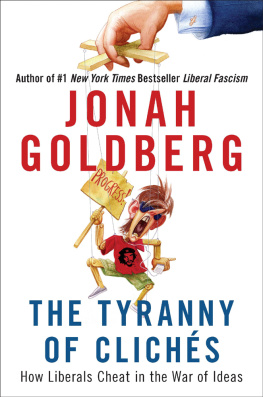
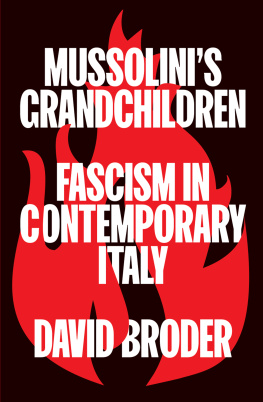
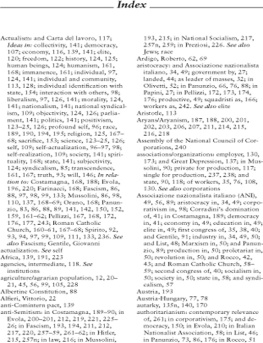
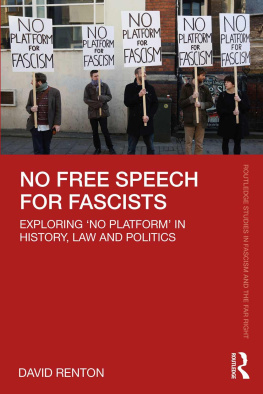
![Patrick G. Zander - Fascism through History [2 volumes]: Culture, Ideology, and Daily Life](/uploads/posts/book/262756/thumbs/patrick-g-zander-fascism-through-history-2.jpg)
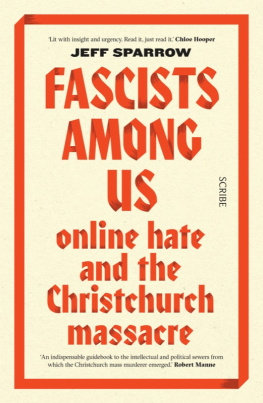
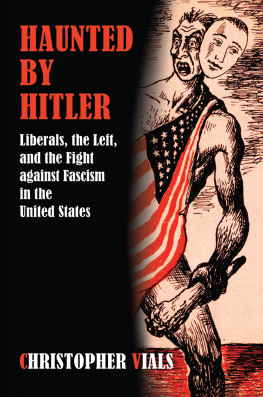

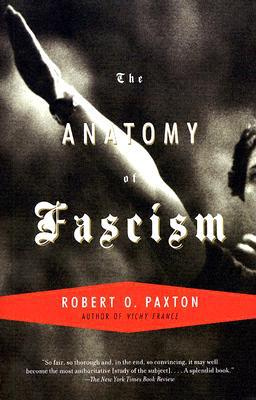
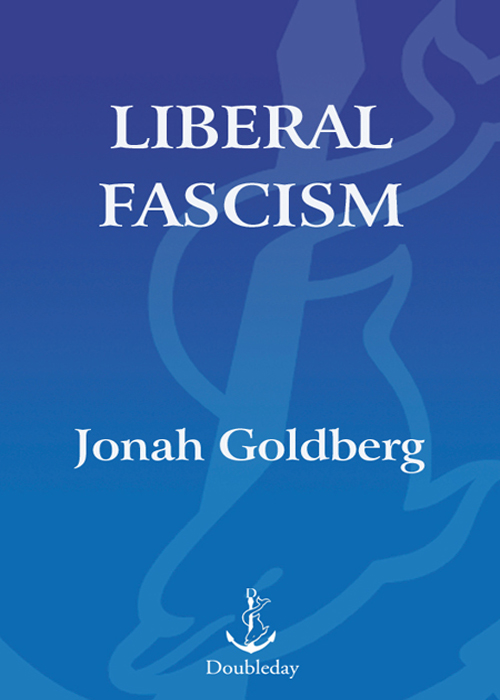


 CONTENTS
CONTENTS